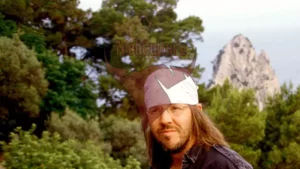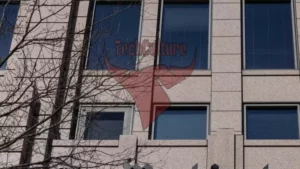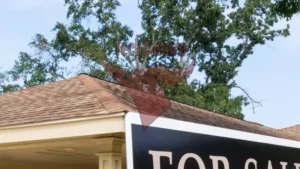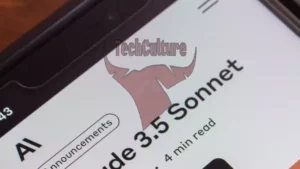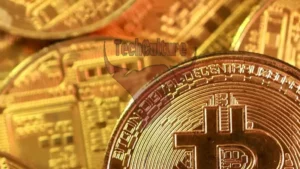Scottish Independence Referendum: A Decade of Reflection
Ten years after Scotland’s historic independence referendum, the event continues to shape the nation’s political landscape and personal narratives. On September 18, 2014, Scots faced a pivotal decision that would determine their country’s future, with both the Yes and No camps investing immense emotional and political capital in the outcome.
Jane Phillips, an early voter from Dundee, vividly recalls the atmosphere of hope among Yes supporters. “There was a palpable sense of possibility in the air,” she recounts. “We truly believed we were on the cusp of a new era for Scotland.”
In Edinburgh, Cat Headley, a solicitor who campaigned for the No side, remembers the unique energy that permeated the city. “The level of political engagement was unprecedented,” Headley notes. “It felt like everyone had an opinion and wanted to be heard.”
Malcolm Andrew, a No activist from Inverclyde, describes the mix of excitement and apprehension on polling day. “The weather was surprisingly good, which added to the charged atmosphere,” he recalls. “We knew the stakes were high, and that kept us all on edge.”
The campaign saw broad participation from various sectors of society, including international figures and local celebrities. Both sides employed diverse strategies, with the Yes campaign gaining unexpected momentum in polls and securing high-profile endorsements. The Better Together campaign, meanwhile, focused on messages of stability and unity.
As polling stations closed and counting began, emotions ran high. The early results from Clackmannanshire hinted at a No victory, eliciting mixed reactions across the country. Jane Phillips remembers the growing sense of disappointment among Yes supporters as more results came in. “It was a rollercoaster of emotions,” she says.
The final tally revealed a 55.3% vote for No and 44.7% for Yes. While No supporters celebrated, Yes campaigners grappled with the outcome. Cat Headley reflects, “There was a relief, but also a recognition that the referendum had fundamentally changed Scottish politics.”
A decade on, the referendum’s impact remains evident. Yes supporters like Jane Phillips maintain hope for future independence, while the political discourse continues to grapple with unresolved tensions. Malcolm Andrew observes, “The debate didn’t end with the referendum. If anything, it’s become more nuanced and entrenched in our national conversation.”
As Scotland marks this anniversary, the independence referendum stands as a watershed moment in its history. It has left an indelible mark on the nation’s political psyche, shaping personal and collective memories of a time when the future of Scotland hung in the balance.

